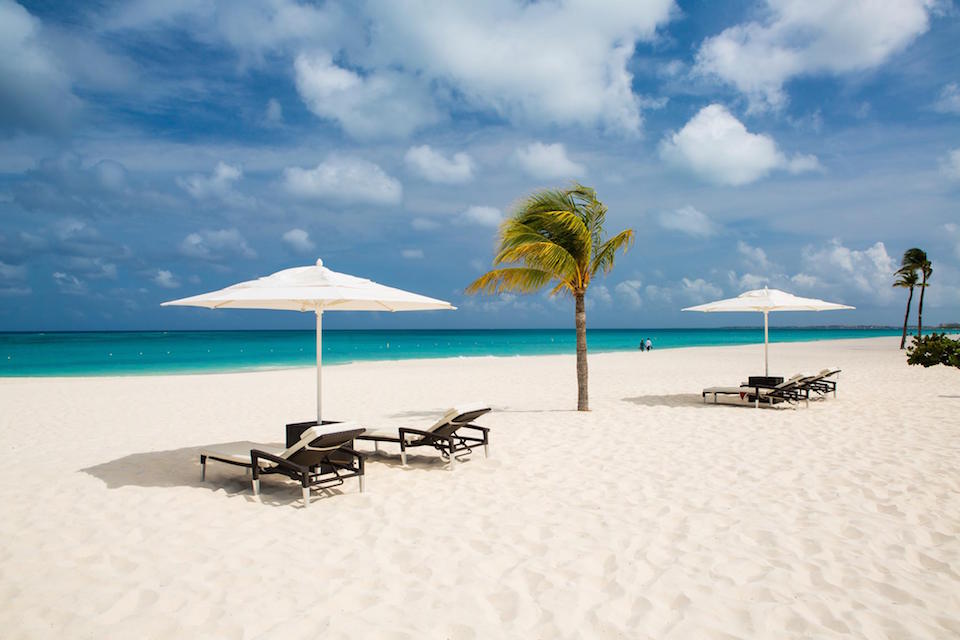What’s the happiest place on earth? It is, perhaps unsurprisingly, a Caribbean island.
Following a five-year Happiness Index study conducted in partnership between the Aruba Tourism Authority and the Rosen College of Hospitality Management at the University of Central Florida, it turns out that Aruba is the world’s happiest island.
The study comes on the heels of the United Nations’ 2016 World Happiness Report, which determined that Denmark was the happiest place on earth, with 75.3 percent of the population said they were “happy” with their lives.
The new study found that, in Aruba, 78 percent of the Aruban population was happy, higher than even Denmark’s rate.
While the 2016 report covered a number of countries in the Caribbean, this marked the first time a Caribbean island had truly measured its own happiness index.
“Over the past five years, we’ve collected a significant 2,000 surveys, stratified across four core groups in Aruba, and have seen the desired stability in the island’s happiness levels,” said Dr. Robertico Croes of UCF.
Aruba has marketed itself as a destination using the phrase “One Happy Island” for nearly four decades, but this was the first empirical proof. And it could be an exemplar for the region’s other tourism-dependent economies.
The findings of the report were revealed this week at Aruba’s first-ever Happiness Conference.

This week’s Happiness Conference in Aruba.
“As the No. 2 most tourism-reliant nation in the world, Aruba greatly values the happiness of our local people – they are the heart and soul of Aruba and ensure the quality tourism experience that has defined our destination,” said Ronella Tjin Asjoe-Croes, CEO of Aruba Tourism Authority. “We evaluate the success of our tourism not only by its tangible benefits, but also by intangible benefits including local happiness and life satisfaction, as that directly impacts visitor happiness.”
The most recent World Happiness Report had found Puerto Rico as the Caribbean’s happiest island, though it was ranked just 15th in the world.
“Among all the destination research projects our university has conducted around the world, Aruba has been one of the most compelling islands to make inquiries about quality of life and happiness,” said Dr. Manuel Rivera, also of UCF. “Throughout the course of our studies we’ve confirmed Aruba’s people are generally happy with their quality of life as well as with the imperative connection between the destination and tourism. Happiness in Aruba can be seen as a self-fulfilling cycle, tourism development drives happiness for the residents which in turn results in happy tourists.”
The UN’s World Happiness Report is based on data from a Gallup World Poll, which asks questions to think of a ladder, with the “best possible life” being a 10, and the “worst possible life” being a 0.
The Aruba study was more in-depth, looking at a happiness scale consisting of 10 items; five items covering life satisfaction; time perspective consisting of six items and one construct on tourism including 8 dimensions and 35 items.
And the UN seems to approve of the local study and its methodology.
“We’ve reviewed the results of the study, which is in line with our methodology, and believe it merits attention on a worldwide level,” said UN World Tourism Organization Secretary-General, Taleb Rifai. “We would like to see this model applied across other Caribbean islands and worldwide.”
Now, Aruba is indeed urging other Caribbean islands to follow suit and perform their own in-depth happiness studies.
“It is important to measure the success of a country beyond economic indicators and to make happiness and well-being an integral part of our national dialogue and intent,” said Otmar Oduber, Aruba Minister of Tourism, Transportation, Primary Sector and Culture. “We would also like to see prestigious World Ranking Reports to incorporate ‘small island development states’ such as our One happy island, in its studies.”
